Finding your way
I have spent a significant portion of my life feeling lost. Not metaphysically, you understand, I mean actually, physically, geographically and spatially lost. I have no natural sense of direction. I cannot – unlike a certain barefoot husband I know – stand in a place and point out north confidently. I cannot tether places together in my minds’ eye or zoom out in my imagination and see how it all fits together. I cannot remember how streets meet up and which direction they’re going in. I can’t easily find my way to somewhere I’ve been, or “simply” backtrack a route I followed earlier to get somewhere. I can’t even, when I come out of a shop in a mall, remember which way I’ve come from and where I’m going to! I will always pick the wrong one and then, eventually, see a shop I’ve been in and realise that I’m going the wrong way. I really do have zero, potentially even negative, sense of direction.
But it took me the longest time to figure that out. Going new places has always terrified me because not only do I not know how to get there, I don’t have a sense of safety in my ability to locate myself to fall back on. New places are dizzyingly distant and abstract – they feel so un-attached to my current placement that they might as well be in an alternate dimension of the fairy realm for all my ability to reach them. But I always assumed everyone felt this way. I can read a map and my lovely, very spatially-found dad seemed to think that was a good indication, so I must surely be fairly average in my sense of direction, I reasoned. So I assumed everyone felt utterly cast adrift in space when setting out to find a new house, or attend a meeting, or worse – an interview somewhere new. It was only late into my 30’s when I started exploring Cape Town and other places with the barefoot man and watching him at total ease even when Google maps was offline and the printed map was still at home that I started questioning his sense of location and began to understand that my life of geographic drift was not the norm. As always, once a realisation dawns on you, some lightness follows and I started to learn to manage my lost-ness and how it affects my days and the people in them. I started to figure out how to help others help me to find my way less stressfully, and more effectively.
And I realised that because I was so used to feeling uncertain of where I was going at any one time, I had also learnt to live with uncertainty more equanimously than others. A skill, I think, that has helped me work and thrive in the world of brands and the businesses behind them where there is never absolute certainty. Things change more than you think, and you have to be ok with that and adapt and keep moving. In brands there are no rights or wrongs, my clients often hear me say, there are only – as with life – choices and consequences.
But there are ways of managing the constant shifting river of things that happen onto your path, and I think the things I’ve learnt about managing my dire sense of direction are also things that can help when you manage a brand – especially a new one.
It may seem contradictory, but when you don’t know exactly where you are and where you’re going to end up, you need to plan super carefully when trying to find your way. And you need to give yourself time! For planning, and for things to go wrong along the way. Plan a lot, and then set off:
- Know exactly where you want to be eventually.
Even though you don’t know exactly where you are or how you’re going to get to where you want to be, you need to know what that place looks like. You need to have an idea of what it will be like, and what you want to do there, and not be distracted along the way otherwise you really will never get there. Similarly, if you don’t have an idea of what you want your brand to be when it grows up, you can never get it there because you’ll be distracted by all sorts of interesting byways and stop-offs along the way. Yes, things do change, but if you know where you want to go, you can actively choose to take new or interesting routes to get there, otherwise you’re just wandering aimlessly.
- Have directions & have a backup on directions.
When I go somewhere new I look it up online, I study google maps, I check buildings on streetview, I get a printed map or directions from people who know the place, I find landmarks, and I even do a dry run if it’s really important, and not too far away. I give myself every possible way of feeling comfortable when I set out. And for brands this is also key. You need to get different views on what is possible, and how you could get there – ask other people, study competitors, study winning brands in other fields, ask people who love what you do. And read. Be constantly checking that what you think you know is still right, and checking to see if there are new ways to do things, new ways to get you where you want to go easily. These days if I can, or if I’m in a new city, I take an Uber. And I check their progress on Google maps. I have backups for my backups.
- Have a buddy to call.
And I have a barefoot buddy to call if I manage to get totally, head-spinningly lost anyway. He talks me down from my space walk and helps me find myself, and then helps me find my way back to where I need to be. So find yourself a brand buddy. Make sure they know the territory, are available when you need them, and can give really good, clear directions. You will be eternally grateful, trust me.
- Manage expectations
One of the most helpful things I’ve learnt to do in recent years is make people aware in advance of my predisposition for getting lost, and asking them to help me in advance, and along the way if needed. I joke about my negative sense of direction and ask for very detailed directions with landmarks and a map, and also say I might call if I still get lost. And although I am really very seldom late despite everything, it not only eases the tension of a new interaction, it also eases my stress at what could go wrong along the way and actually means I am less likely to get lost in the first place! Letting people know where you are, what is going on and what you think could go wrong will allow them to help you avoid it, will help them help you improve things before they go wrong, and will most likely build stronger, more open, more trusting relationships in the process. People are never disappointed by the things that happen, they are always actually disappointed because they were expecting something different. Manage the expectations and you will find your way much more easily and peacefully. You might even start to enjoy the ride!
- Don’t panic.
If you do get lost anyway, do as the Hitchhiker’s Guide advises in large bold letters: Don’t panic. This, again, is something I learnt after years of feeling hopelessly on my own in my lost-ness – there is generally some kind person nearby who will be only too happy to tell you what street in which city in which year you are, and then help you figure out how to get back to where you really want to be. So if it all feels like it’s going to pot and you have no clue where to next, just breathe. Stop and breathe, get out of the car and ask for advice from someone on that path, and try again!
And of course remember that roads, and brands, and life are iterative. Sometimes you need to go round in circles a couple of times before you can see the right road to take, and that’s ok. Other times you will find that the route you didn’t know of is better than the one you planned, and it all works out in the end.
Be brave, take google with you, and go find a beautiful new road to the places you want to be. It’s always worth it, even if it’s just a lovely ride!

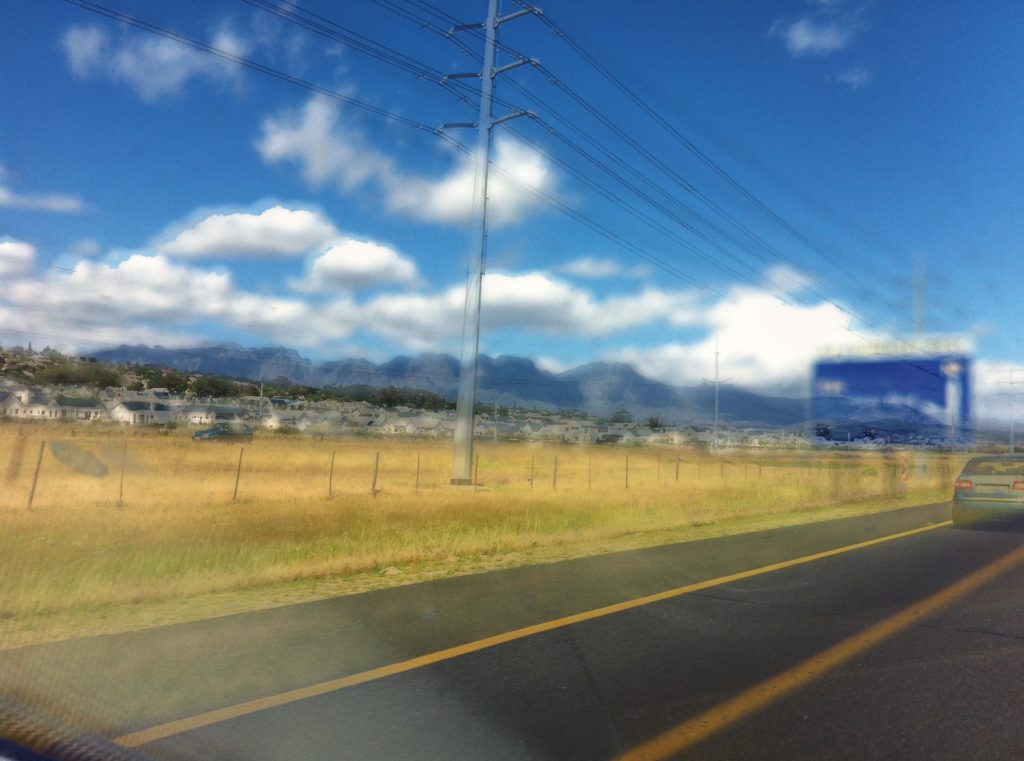
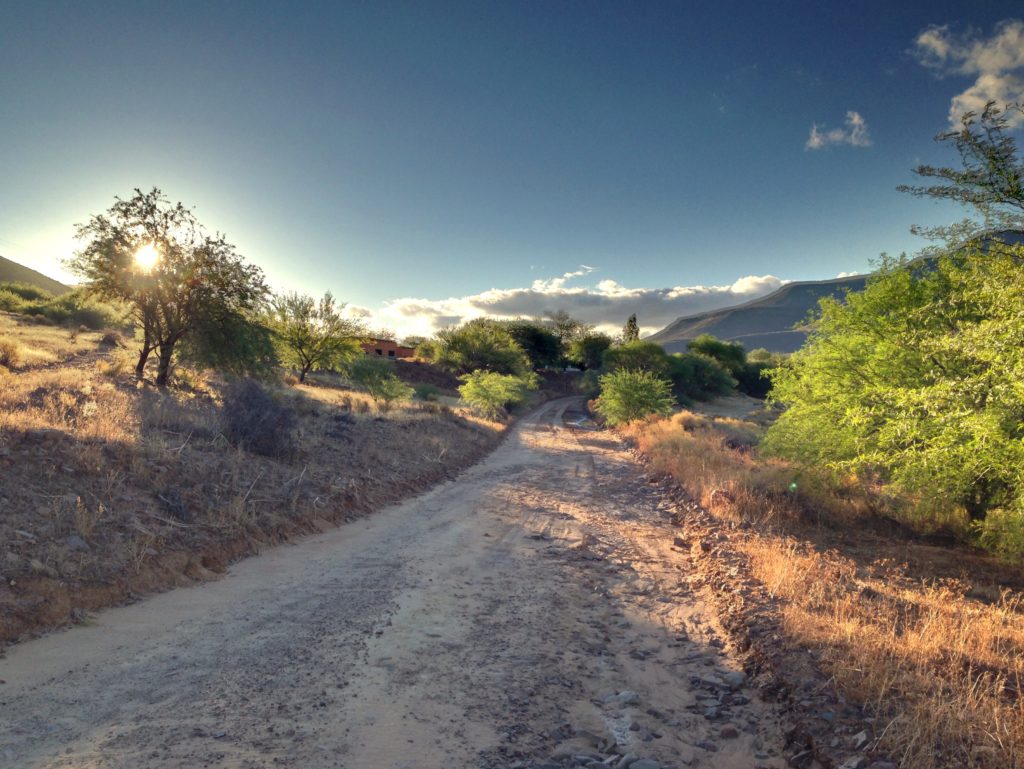

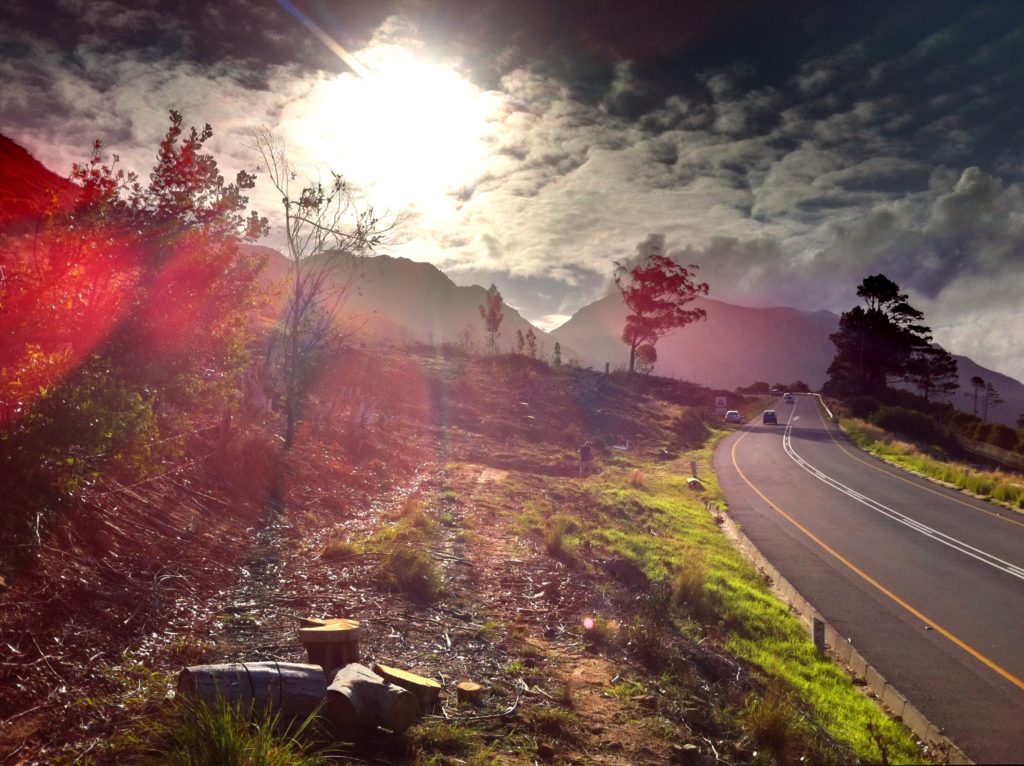

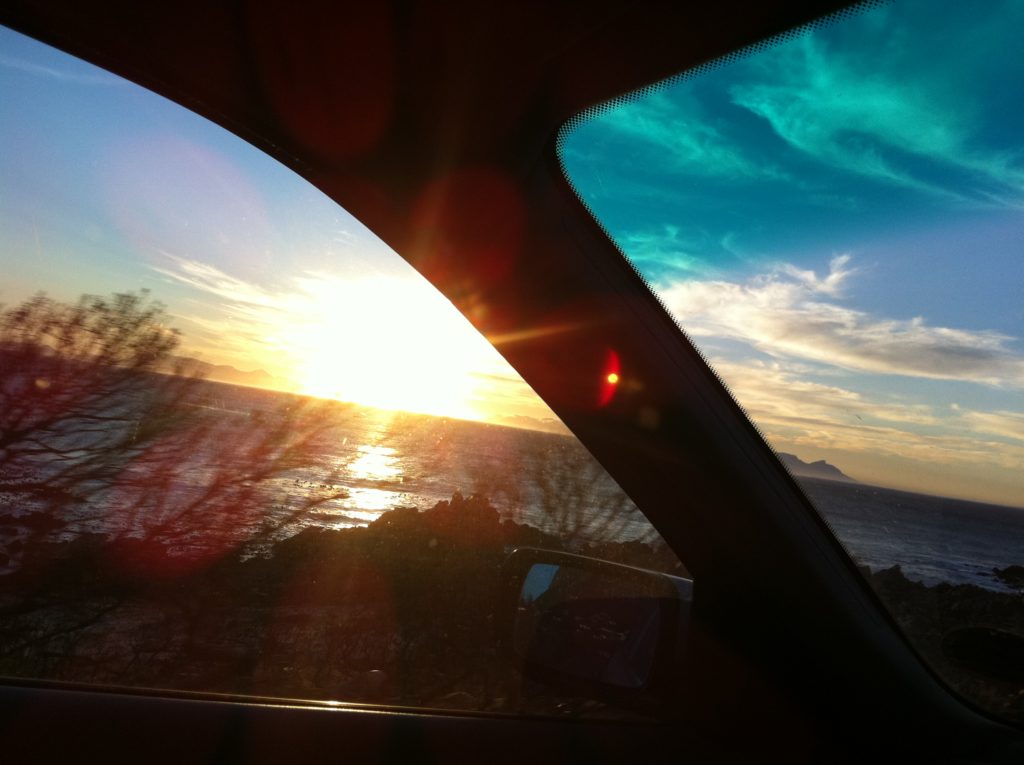

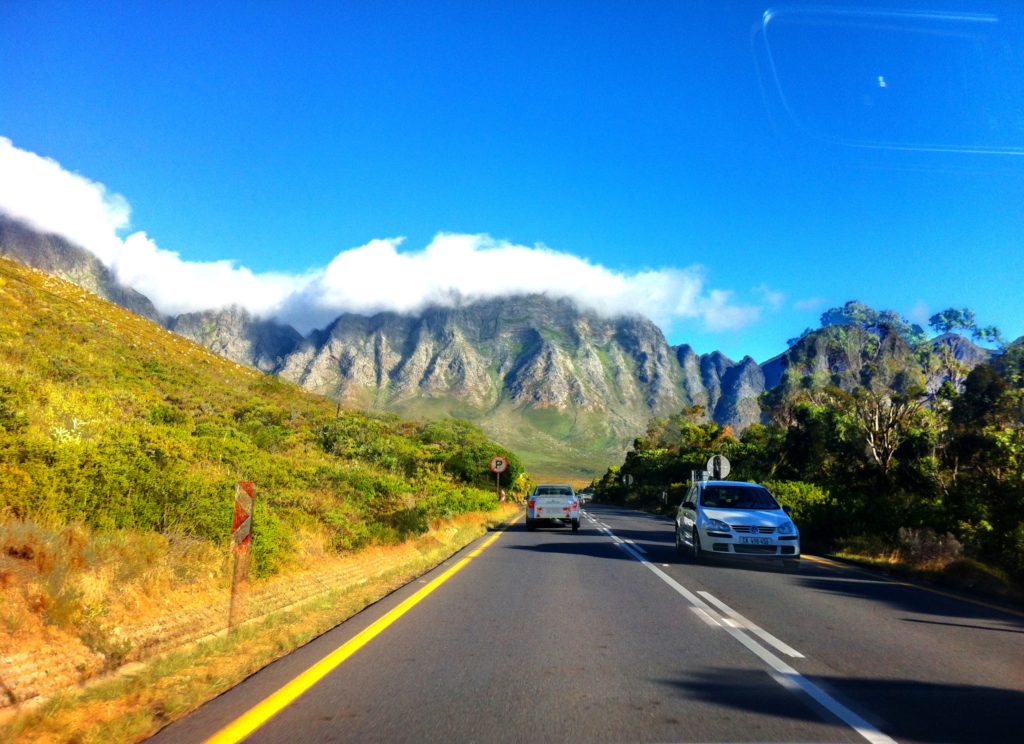
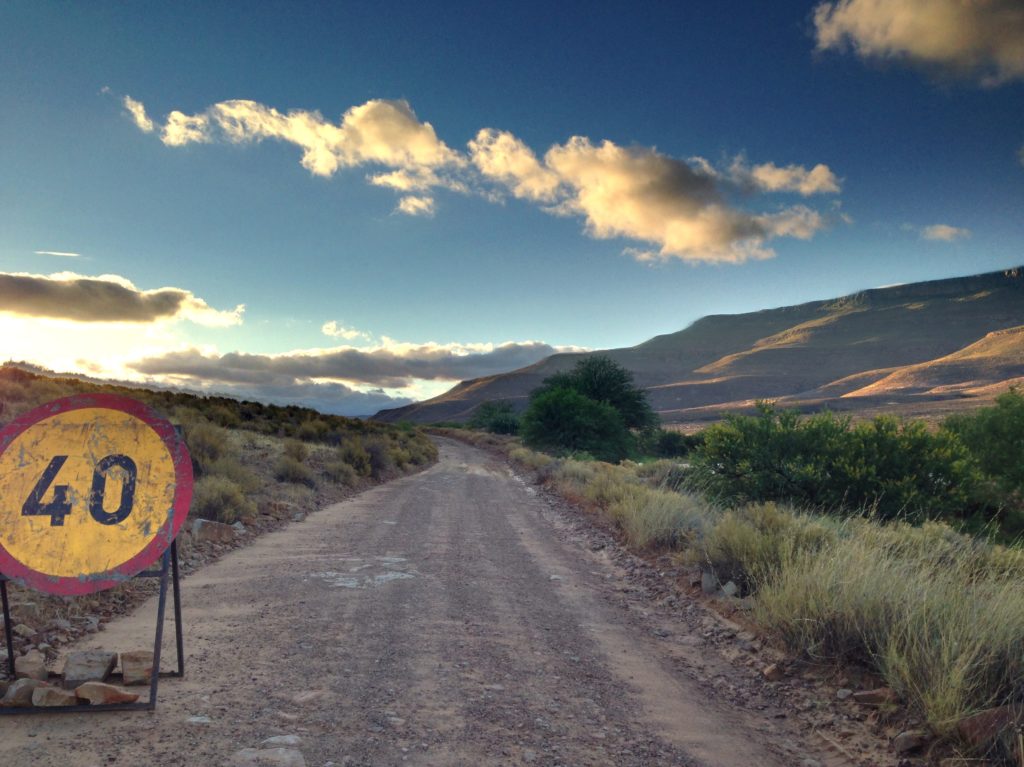


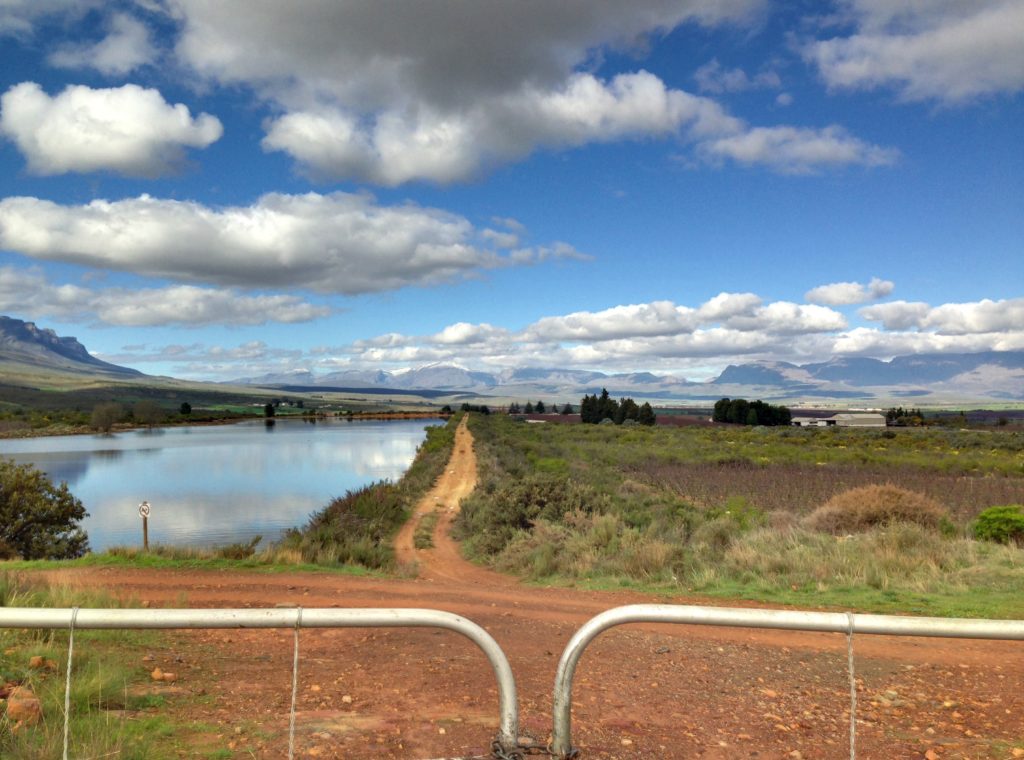
October 1st, 2016 at 8:29 am
I’m actually very good with geographical direction and getting to places. It’s the life direction I struggle with but now I understand why. Thank you.
October 3rd, 2016 at 11:05 am
Hang in there, Caro, you’ll find the right way there too! xoxo
October 1st, 2016 at 12:22 pm
Enjoyed your article as it made me think about direction and such…. it also brought back memories of people who were very directionally challenged. Thanks Anneleigh, always enjoy your blogs xx
October 3rd, 2016 at 11:04 am
Thanks so much Jane, so glad you enjoyed it! 🙂
October 1st, 2016 at 1:00 pm
Wonderful philosophy and great pics!
October 3rd, 2016 at 11:03 am
Thanks Izak! I had such fun trawling back through 3 or 4 years of photos to find some roads 🙂
October 2nd, 2016 at 8:44 am
So lovely. Enjoyed the insights, photos and humour!
October 3rd, 2016 at 11:03 am
Thank-you Lans! 🙂